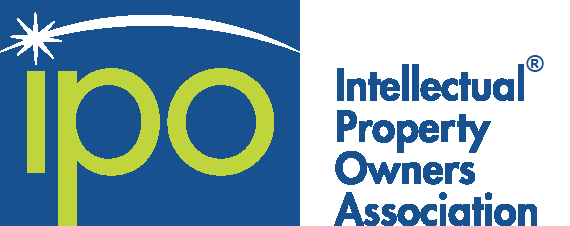On June 11 the House Judiciary Committee met to consider Chairman BOB GOODLATTE’s (R-Va.) “Innovation Act,” H.R. 9, which is intended to address abusive patent litigation. The committee approved the bill, with five amendments, by a vote of 24-8. Nineteen total amendments were offered, but many were withdrawn or rejected. The committee will now “report out” the bill as amended for consideration by the full House.
Accepted amendments include those offered by:
- IP Subcommittee Chairman DARRELL ISSA (R-Calif.) to modify the venue provision that was added to the bill by Goodlatte’s manager’s amendment, which was released earlier this week. Issa said the amendment was needed to close a loophole in the provision, for example removing language that would have allowed a plaintiff to sue in a district where the idea for the patent was conceived,
- Former Committee Chairman LAMAR SMITH (R-Tex.) to make small changes to the provisions on discovery stays and customer stays,
- Committee Ranking Member JOHN CONYERS (D-Mich.) to extend the USPTO’s authority to set its user fees by 10 years,
- Rep. TOM MARINO (R-Pa.) to require the Judicial Conference to prepare a report to the House and Senate Judiciary Committees on discovery in patent infringement suits,
- Rep. DOUG COLLINS (R-Ga.) to require district courts to stay discovery in patent infringement suits pending the resolution of motions to dismiss.
The committee rejected several amendments including:
- A controversial proposal by Issa and Rep. JUDY CHU (D-Calif.) to extend until 2026 the expiration date for the Transitional Program for Covered Business Methods created by Section 18 of the America Invents Act,
- A proposal by Rep. HANK JOHNSON (D-Ga.) that would modify the bill’s provision on attorney fee shifting to place the burden on a prevailing party to demonstrate that it was entitled to a fee award,
- A proposal by Ranking Member Conyers to permanently end withholding of USPTO user fees by removing the agency from the Congressional appropriations process,
- Several other proposals to create exemptions from certain of the bill’s provisions for groups such as original inventors and universities.
Several amendments were withdrawn after Goodlatte committed to working with interested members of the committee to refine various sections of the bill before it is considered on the House floor. Two proposals that were withdrawn would have made substantial changes to the bill’s treatment of the USPTO’s post grant proceedings. They were:
- A proposal by Rep. MIMI WALTERS (R-Calif.) that would have created a categorical exemption for FDA-approved pharmaceutical and biologic patents from the post grant proceedings,
- A proposal by Rep. JASON CHAFFETZ (R-Utah) that would have eliminated section 9 of the bill in its entirety. The section contains a number of provisions that affect the USPTO, including one requiring the Patent Trial and Appeal Board to use a district court claim construction standard rather than the “broadest reasonable interpretation” in the post grant proceedings.
Walters, Chaffetz, Goodlatte, and others agreed to continue to work to find a way forward with making changes to the post grant proceedings that will maintain the utility of the proceedings while also balancing the concerns of industry stakeholders.
Rep. ZOE LOFGREN (D-Calif.) offered and then withdrew an amendment to replace the provision on a heightened pleading standard for patent infringement suits with language from S. 1137, Senate Judiciary Committee Chairman CHUCK GRASSLEY’s (R-Iowa) “PATENT Act,” which was approved by his committee last week.
The manager’s amendment, amendments offered in markup, and a video recording of the hearing are posted on the committee website.

